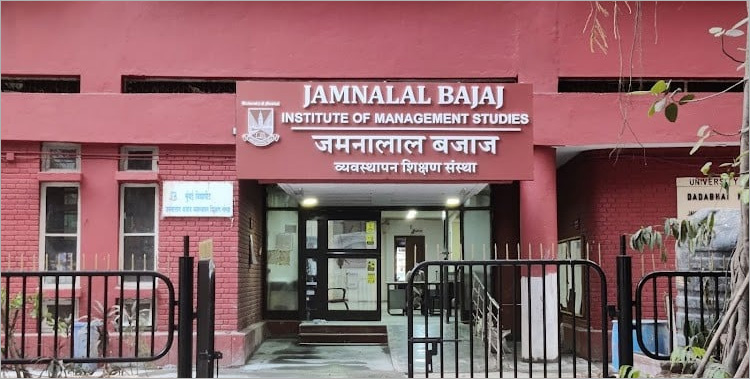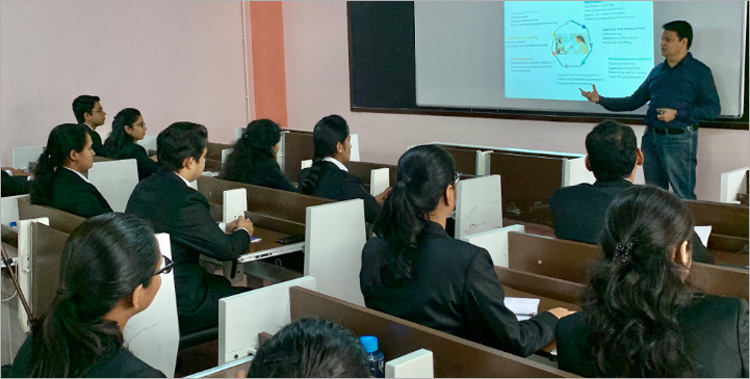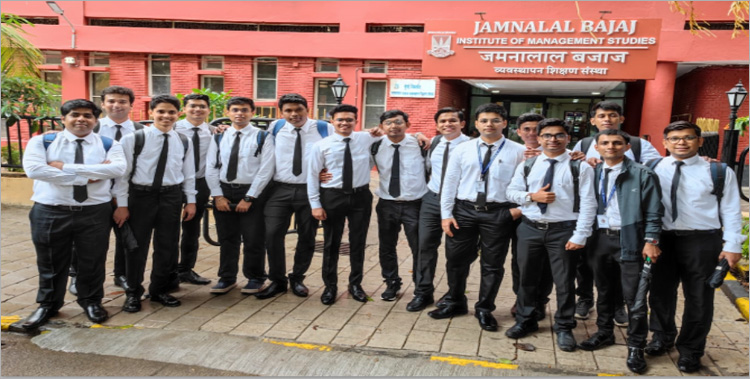The Master of Science in Finance course at JBIMS is structured to deliver a strong foundation in the principles and practice of finance, and the analytical tools and skills to form a sound basis for financial decision making. The new curriculum of M.Sc. Finance offers all the essential academic and professional skills necessary for a successful career in finance. It will develop a deep understanding of financial theories, assumptions and techniques before going on to explore fast developing specialism’s such as Fintech, Big Data and International Finance.
The programme focuses on financial decision-making from a management perspective. The programme is divided into four semesters. The first semester introduces the students to the environment of accounting, finance and basic tools of analysis. This semester contains six main courses: economics, quantitative methods, accounting and financial reporting, financial management, costing and taxation. This semester also contains two practical work in the areas of quantitative methods and accounting and financial reporting. Also, there are two seminar papers.
The second semester equips the students with advanced tools such econometrics and financial modelling, and an exposure to the area of corporate finance, financial markets, fixed income securities and investment banking. This semester contains six main courses: Corporate governance and regulatory environment, corporate finance, econometrics and financial modelling, financial markets and institutions, fixed income securities and investment banking. This semester contains two practical’s econometrics and financial modelling. There are two seminar based papers.
The third semester exposes the students with advanced techniques and tools such as technical analysis, portfolio analysis, mergers and acquisition, risk in financial services and derivatives. This semester also contains two practical works in the areas of technical analysis and portfolio analysis and management. In addition, this semester exposes the students to advanced research in finance through two seminar-based paper. In this semester the students must work on a research project based on summer internship under the supervision of an assignment faculty.











